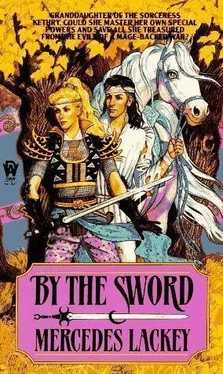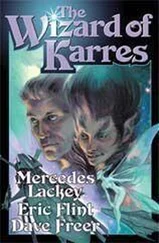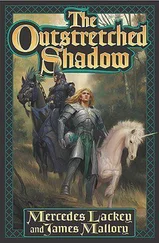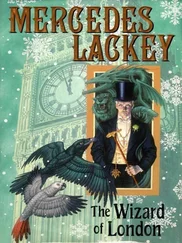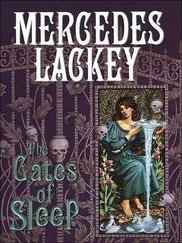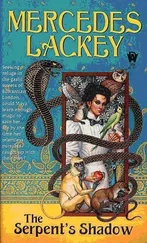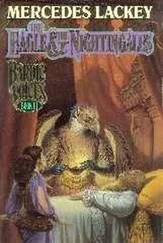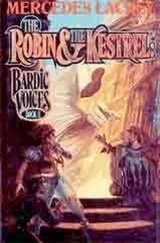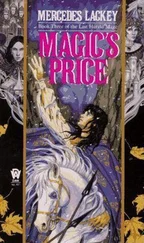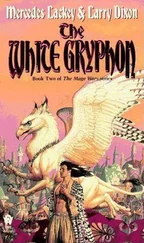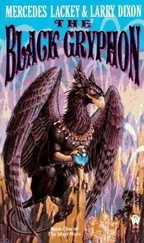The man saluted smartly. “Sir,” he said, and waited for orders. They were not long in coming.
“Saddle my palfrey, and get me—hmm—two gold per head for those horse-archers Captain Kerowyn sent in.” The orderly nodded, and saluted again. “Sir, general funds, or your private coffer?”
“Private, Binn. This is between me and the Captain. If my brother decides on an extra bonus, that’ll be a Crown decision.”
“Sir. Begging the Lord Martial’s pardon, but—they deserve it. Don’t generally see mercs with that kind of guts.” The man’s face remained expressionless, but Daren fancied he caught a gleam of admiration in his eyes. That in itself was a bit of a surprise. Binn seldom unbent enough to praise anyone, and never a mercenary, not to Daren’s recollection.
“No pardon needed. As it happens, I agree with you.” He straightened his papers, and locked them away in the desk, as the orderly moved off briskly to see to his orders.
He mounted up and rode off as the first torches were lit along the rows of tents. He had left his scarlet cloak back in the tent, so there was nothing to distinguish him from any other mounted officer, and the men paid him no particular heed as they went about their business.
The dead had been collected and burned; the wounded were treated and would either live or die. The survivors tended to themselves, now—either celebrating or mourning. Mostly celebrating; even those who mourned could be coaxed into forgetting their losses for an hour or two over the strong distilled wine he had ordered distributed. They’d have wicked heads in the morning, those who were foolish enough to overindulge, but that was all right. If their heads ached enough, it would distract them from the aches of wounds, bruises, and hearts.
He passed over the invisible dividing line between the camp of the army and that of the mercenaries, and was, as ever, impressed by the discipline that still held there, victory or no. Kero’s people still had sentries posted, and he was challenged three times before he reached the camp itself. The Skybolts had lanterns instead of torches, an innovation he noted and made up his mind to copy. Torches were useless in a rainstorm—lanterns could be used regardless of the weather. And lanterns, once set, didn’t need the kind of watching torches did. It was just the kind of detail that set the Skybolts apart from the average mercenary Company.
By the time he reached the actual bounds of the camp itself, word of his coming and who he was had somehow, in that mysterious way known only to soldiers, preceded him. Since he was not in “uniform,” he was hailed only as “m’lord Daren”—but it was obvious from the covert looks at his bulging saddlebag and the grins of satisfaction (or envy, from those who were not archers), that these men knew of his penchant for delivering bonuses, and knew who those bonuses were due.
He asked after Kerowyn, and was directed to the command tent. All about him were the sounds of the same kind of celebration as back in his own camp, but more subdued, and there were fewer bonfires, and nothing like some of the wildness he’d left back there.
He dismounted at Kero’s tent and handed the reins of his horse to one of the two sentries posted there, taking the saddlebag with him. When he pushed back the flap, and looked inside, Kero was bent over a folding table identical to his own, going over lists. The lantern beside her seemed unusually smoky, and the pungent odor it emitted made him sneeze. She looked up, smiled wanly, and nodded at a stool beside the table before going back to her task. Her eyes were dark-rimmed, and red; her cheekbones starkly prominent.
Dear gods, she looks like hell. Worse than I expected.
He got a good look at those lists before he sat down; lists of names, and he had a feeling that they were the lists of the dead. He had always left that task till last, and he didn’t think she’d be any different.
She was writing little notations after each name; most looked like other names, which made him think she was probably noting who inherited the dead fighter’s possessions. Before a very few of those names, she made a little mark—
Those must be the ones with relatives, the ones she has to write the letter for. He craned his neck a little, shamelessly curious. That was the single task he had hated the most. Still did hate, since he still had to write letters for the families of his officers, from Lieutenant upward.
There don’t seem to be a lot of those. He grimaced a little. Dear gods. What a sad life they must lead, that so many of them live and die with no one to mourn their loss except their fellows....
Kero sighed, and reached for a scrap of cloth to clean her pen. “Well, that’s done,” she said, tossing her long blonde braid over her shoulder. “All but the letters. Damn.” For a moment she was silent, chewing absently on the end of her pen, and he couldn’t help but notice that her nails had been chewed down to nothing. “At least most of my people don’t have anyone outside of the Company, and a damned good thing, too.”
Daren couldn’t help himself; he was so surprised to hear her voice an opinion so exactly opposite his that he blurted out the first thing that came into his mind. “ Good ?” he exclaimed. “You say that’s good ? Demon-fire, Kero, how can you say something like that?”
He could have bitten his tongue, and waited in the next instant for her to snap some kind of angry reply. When she didn’t, when she only gave him a raised eyebrow eloquent with unspoken irony, he was just as amazed as he had been by her initial bald statement. She’s changed, he thought numbly. She’s really changed, in deep ways, that don’t show... maybe that’s what’s wrong. She feels things even more now —
But there seemed to be a deeper trouble there; something more personal.
“If you’re going to make your living by selling your sword,” she pointed out dryly, pointing her pen at him like one of his old tutors used to, “it’s a pretty stupid idea to burden yourself with a lot of dependents who don’t—or won’t—understand that you’re basically gambling with your life, betting on the odds that you won’t be killed.”
“But—” he started to object.
“No ‘buts,’ my friend,” she said emphatically. “My people, by the time they’ve seen one whole season, know exactly what they’re getting into. To tell you the truth, it’s your people I feel sorry for. You have all these farm-boys and merchant sons, minor nobles and conscripts swept up off the streets—all of them burdened with parents and sibs, friends and lovers. And when they become just another target, how do you explain to those people that their precious, immortal child is embracing the Shadow-Lover, hmm?”
He hung his head, unable to answer, because he’d never been able to find a way that convinced even himself. War is a waste. It’s my job to keep it from wasting as little as possible....
“At least my people and their people know what they’re getting into,” she said, her voice going dull with weariness—and perhaps with emotion that she refused to display. “And if it so happens that they find someone who makes them think again about laying their life on the line for nothing but cash, they tend to get out before it ever comes to the letter. Your people don’t have that luxury. They’re in it until you let them go, or they’re dead.”
He squirmed on his stool; her words had cut much too close to the bone.
Trust Kero not to be polite about it. And maybe she’s right. If we’re going to have fighting, maybe the only ones who should do it are the ones willing to fight for pay. I don’t know. Right now I’m just glad it’s over for us. He quickly changed the subject. And it’s a good thing I have a new subject right here with me. He dropped the saddlebag on the table, and Kero smiled knowingly at the chink it made as it fell. “Bonus for the archers?” she asked, and at his nod, picked it up and dropped it into a little chest beside her table. “I’ll hand it out in the morning, and I hope you’ll accept my thanks for them. That kind of appreciation means a lot to us.”
Читать дальше
